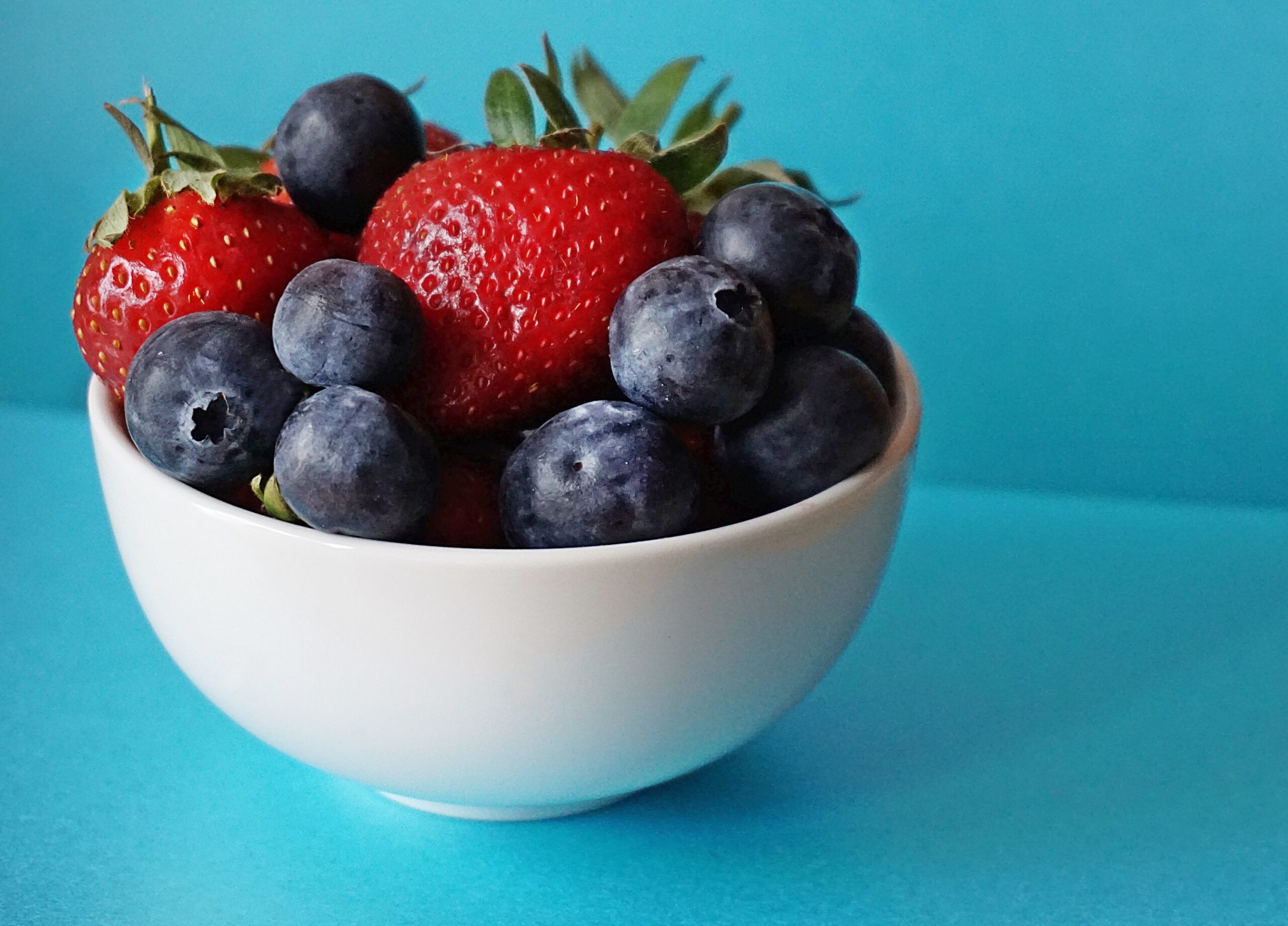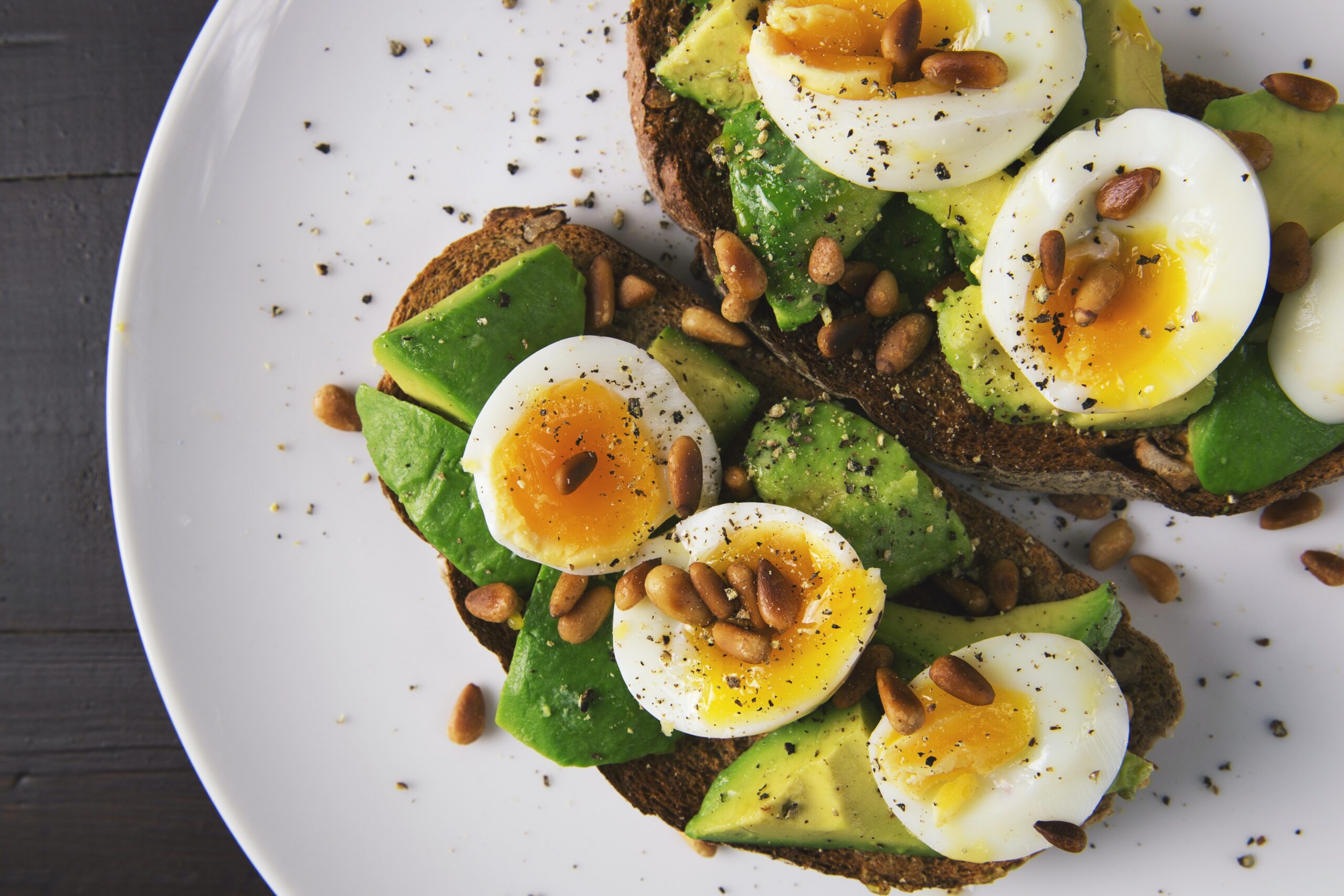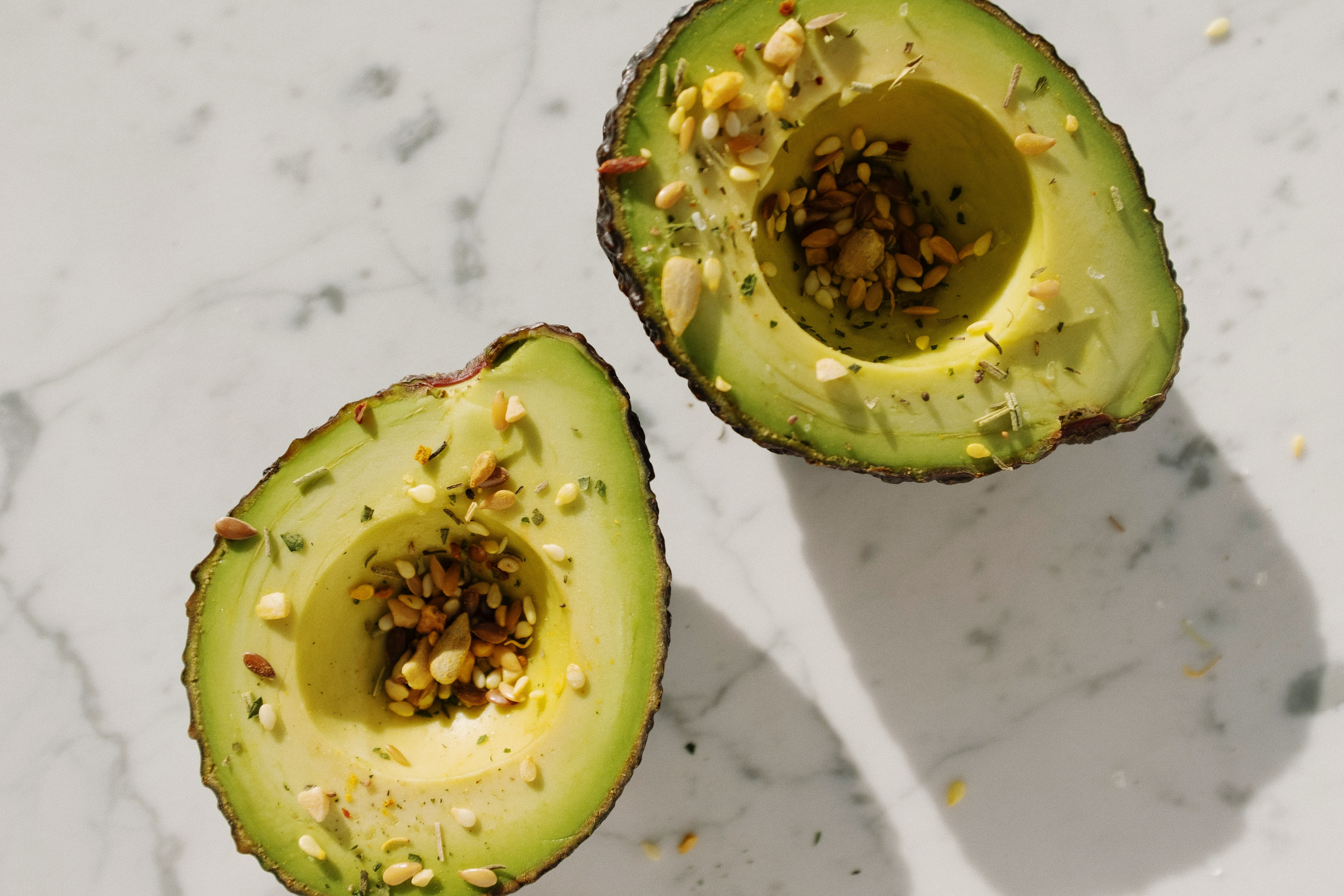5 Diet Tips To Improve Your Physical Endurance
Avoid burn outs and get more from your workouts.
By Hannah Hauser 19 Feb, 2023
For anyone interested in improving their athletic performance, proper nutrition is essential. What you eat will affect your energy levels, recovery times, and overall fitness, regardless of whether you are a professional athlete or just starting.
Here are a few useful tips to fit into your nutritional routine:

1. Don’t Be Afraid of Carbohydrates
Carbohydrates primarily power our bodies. By breaking them down, the body produces glucose for fueling workouts and recovery. Complex carbohydrates and simple carbohydrates are both types of carbohydrates.
Simple carbohydrates, such as sugar and white flour give you a quick burst of energy but may lead to a crash later. Fruits, vegetables, and whole grains provide sustained energy because complex carbohydrates take longer to digest. Try adding a few more berries, beans, lentils and oats into your diet.

2. Increase Your Protein
When muscles are damaged during exercise, protein is needed to repair and rebuild them. Protein is composed of amino acids necessary for the growth and repair of muscle tissue. Eating foods containing protein helps ensure that the body has enough amino acids to build and maintain muscle mass.
Dairy products, eggs, and fish are thorough sources of protein. Vegans and vegetarians can also consume tofu, beans, nuts, and other plant-based protein sources.
3. Enjoy Your Healthy Fats
A healthy fat provides energy and aids in the absorption of fat-soluble vitamins like A, D, E, and K. Fat-soluble vitamins are also necessary for hormone production and cell membrane health. Fish like salmon is a good source of healthy fats. Avocados, nuts, and seeds are also good sources.
Eating healthy fats can also keep your cholesterol levels in check, which can help reduce your risk of heart disease. Healthy fats can also help reduce inflammation, which is linked to a variety of health conditions.

4. Stay Hydrated
Athletes must stay hydrated in order to perform at their best. Water is essential to the body’s metabolic processes as well as helping to regulate the body’s temperature. In addition to fatigue, muscle cramps, and a higher risk of injury, dehydration can cause fatigue. It is recommended that athletes drink at least 2-3 liters of water per day, depending on their level of activity.
5. Don’t Skimp on Vitamins
Vitamins and minerals are essential for many of the body’s metabolic processes, such as converting food into energy, producing hormones, and regulating the immune system. They also help to maintain healthy bones, skin, and muscles and are needed for proper nerve, brain, and heart function. Without the right balance of vitamins and minerals, athletes may not be able to perform at their best.
Getting enough vitamins and minerals is crucial to a healthy body. Lean proteins, whole grains, and fruits and vegetables are good sources of vitamins and minerals. Multivitamins can help athletes obtain all the nutrients they need.
The Bottom Line
If you are interested in improving your athletic performance, you must consume the proper nutrition. Fueling workouts, recovering from workouts, and maintaining overall health requires carbohydrates, protein, healthy fats, hydration, and vitamins and minerals.
In order to improve energy levels, recovery time, and overall fitness, athletes should focus on these key nutrients. And don’t forget the most important nutrient: the power of positive thinking!
Wellness changes everything. Get started with our newsletter.
Sign up for workouts, meals and more!
By signing up, I agree to Hearst Magazines’ Terms of Use (including the dispute resolution procedures); my information will be used as described in the Privacy Notice.






